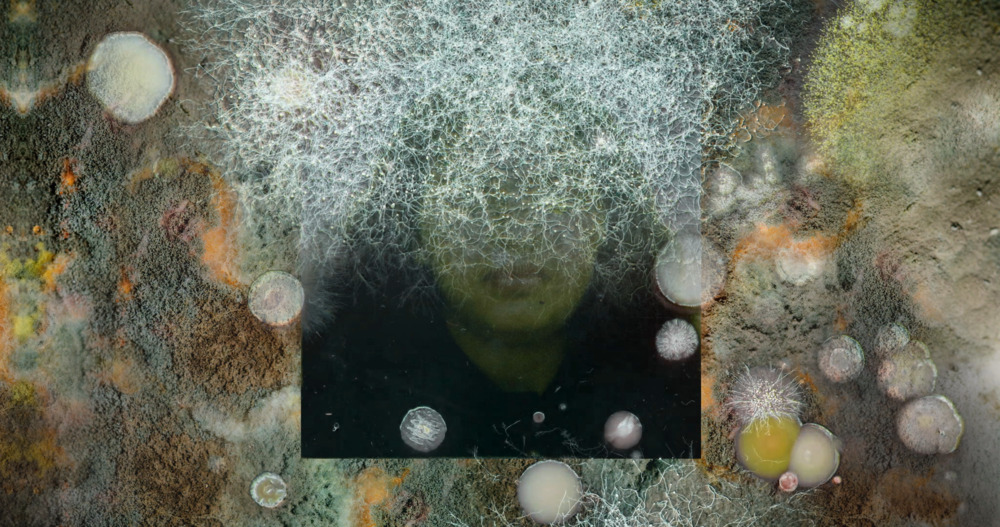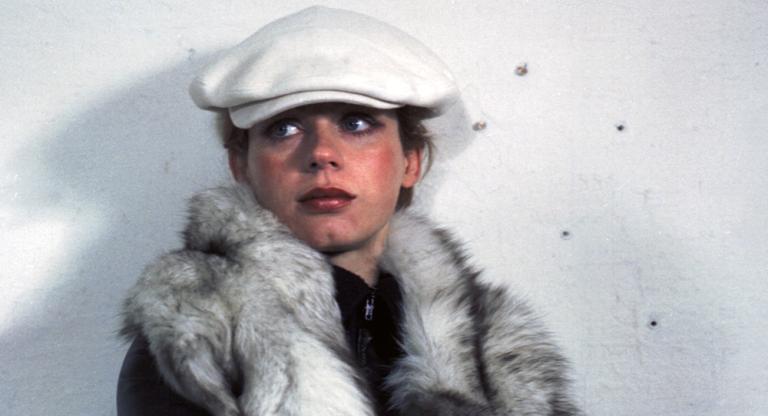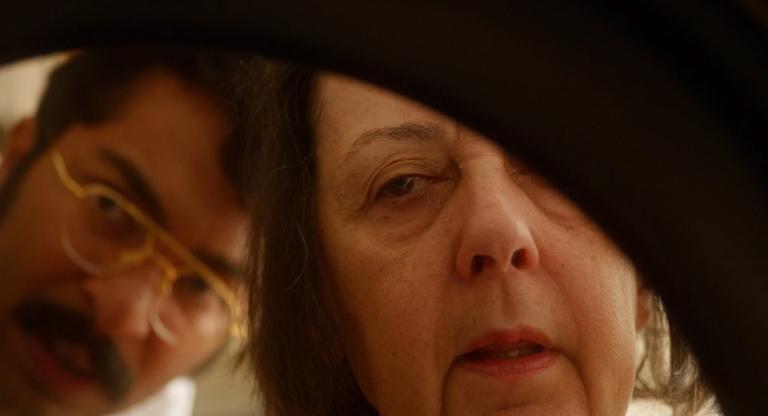Harun Farocki once asked, “How does one see what is hidden behind the image?” This line of questioning underpins the intentions behind the e-flux Film Award, the inaugural edition of which will be presented this evening at the e-flux Screening Room with screenings of the three short films selected by the jury—composed of Charles Mudede, Anri Sala, and Anocha Suwichakornpong. In this year's selections the question of what is “hidden” behind the image is particularly intriguing. Each work contains a haunting; an invisible spirit, a lingering image, an unexplainable feeling or ghostly communication questioning the conventional regime of visibility that attempts to contain what we see and how and we see it. Each film, in its own way, questions the epistemologies of the real, transforming time-space by revealing what is lurking beyond the realm of the possible.
This year's winning film, Green Cemetery (2023) by Maurício Chades, entices the viewer into its world with the gentle whisper of Lavina, whose dislocated voice narrates the story of the garden she cultivated in her home in Alto Paraíso de Goiás, situated in the heart of the diverse Cerrado biome, Brazil’s tropical savanna. The yard, once a plot of damaged soil where not even grass could grow, is transformed into a rich ecosystem. In the background the savanna is converted into the site of agribusiness, monoculture fields of soybeans in tight rows. “It hurts to breathe with all that smoke,” the voice warns. The garden becomes a refuge for multispecies alliances: past, present and future. Images fold into one another like a dream, leaving traces as they move between indistinct times and spaces. Trees are planted as offerings for the living and the dead, ghosts and worms suck on the sweetness of homemade coconut flan, and bacteria feed on memorial portraits as they decay. Does a living thing truly die, the film asks, when its spirit lingers on and another organism is born from the juices of its flesh?
In Eri Saito’s May All Your Wounds Heal (2021), the second-prize winner, communication again exceeds perceptual limits. Shot on 8mm, the noisy, dark image gives this abstract short film a surreal and ghostly quality. A ritual is performed in which a hand spins a small white disc, producing a trancelike state. It catches the light until it almost falls but is frozen, prompting a series of cuts, like portals into a new image. A hand meticulously folds a piece of paper as if it contains a secret message. The camera closes in on the features of a dimly lit face as something familiar flashes before its eyes. Each spin of the disk feels like a method of translation, a connection point to another’s senses.
In An Asian Ghost Story (2023), by Bo Wang, distinguished by an honorable mention, the memories of the past are given a material form: hair. Using the 1965 United States embargo on “Asiatic” hair trade—termed the “Communist Hair Ban”—as its conceptual frame, the film playfully explores the political and spiritual history of Hong Kong. “What distinguishes hair from the other parts of the human body is that it belongs to a different temporality,” a scientist tells us. Though the human may disappear, its hair endures, transforming each wig into a living archive, rich with cultural and political memory, which can move across national borders.
The e-flux Film Award Ceremony will take place tonight, January 18, at the e-flux Screening Room with the filmmakers in attendance.



